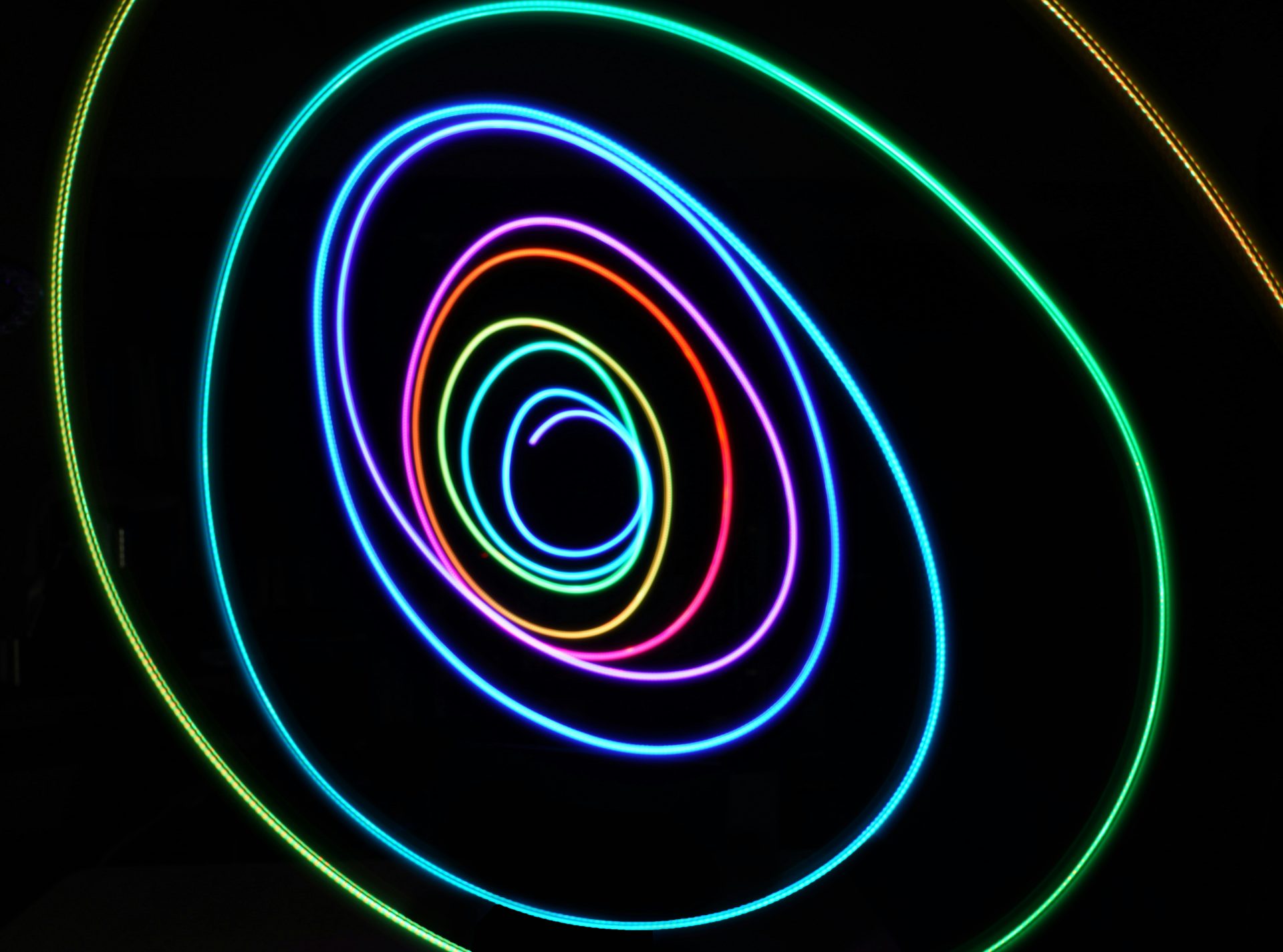How Does Pain Affect Consciousness?

Hey there, amazing readers! 🖐️ Just a quick note: yes, we know there are a lot of ads here. Trust us, we get it—it’s not the prettiest look, but they help us keep this blog alive and kicking. Those pesky little ads cover the costs of all the behind-the-scenes magic, from hosting and tech stuff to creating content we hope you’ll love.
We’re committed to delivering quality posts, and your support (even just sticking around despite the ads) means everything to us. So, bear with us, and thanks for helping us keep the good vibes rolling. Now, on to the fun stuff! 😉
TRANSLATE BUTTON AT THE END OF THE ARTICLE
A Quick Overview: Understanding Pain and Consciousness
Pain is a complex and multifaceted experience that is intricately linked to consciousness.
Consciousness refers to our awareness of ourselves and our environment, encompassing thoughts, feelings, sensations, and perceptions.
When we experience pain, it significantly affects our conscious experience, altering our focus, emotions, and overall perception of the world around us.
This article delves into the intricate relationship between pain and consciousness, exploring how pain signals are processed in the brain, the effects of acute and chronic pain on consciousness, the link between pain perception and altered states of consciousness, as well as the impact of psychological factors, cultural influences, emotions, and sleep on pain and consciousness.
Additionally, we will discuss pain management techniques and their influence on consciousness, providing insights into how we can navigate the intricate interplay between pain and our conscious experience.
The Relationship Between Pain and Consciousness
Pain is a fundamental aspect of human experience, serving as a crucial indicator of potential harm or injury.
When we experience pain, it demands our attention and alters our conscious awareness.
The relationship between pain and consciousness is bidirectional, with pain influencing our conscious experience and vice versa.
Our perception of pain is shaped by our conscious awareness, beliefs, emotions, and past experiences, highlighting the intricate connection between these two phenomena.
Pain Signals in the Brain
The experience of pain begins with the activation of specialized nerve fibers called nociceptors in response to tissue damage or injury.
These nociceptors transmit signals to the brain, where they are processed and interpreted as pain.
The brain regions involved in processing pain signals include the thalamus, somatosensory cortex, and limbic system, which are responsible for sensory perception, emotional processing, and memory formation, respectively.
Effects of Acute Pain on Consciousness
Acute pain, typically resulting from injury or illness, can have a profound impact on consciousness.
When we experience acute pain, our attention is often focused on the source of pain, leading to a narrowing of consciousness.
This heightened focus on pain can overshadow other thoughts and perceptions, affecting our ability to concentrate, make decisions, and engage with the world around us.
Chronic Pain and its Impact on Consciousness
Chronic pain, lasting for weeks, months, or even years, can significantly alter consciousness.
The persistent nature of chronic pain can lead to a state of constant vigilance and preoccupation with pain, disrupting normal cognitive and emotional processes.
Chronic pain sufferers may experience changes in mood, memory, and attention, impacting their overall quality of life and sense of self.
Pain Perception and Altered States of Consciousness
Pain perception is a dynamic process that can be influenced by altered states of consciousness, such as meditation, hypnosis, or psychedelic experiences.
These altered states can modulate pain perception by changing the way pain signals are processed in the brain, leading to reductions in pain intensity and distress.
Understanding the relationship between pain perception and altered states of consciousness can offer novel approaches to pain management and relief.
Pain Management Techniques and Consciousness
Various pain management techniques, including pharmacological, physical, psychological, and complementary therapies, can influence consciousness by modulating pain perception and emotional responses.
For example, mindfulness meditation and cognitive-behavioral therapy have been shown to reduce pain intensity and improve emotional well-being by enhancing self-awareness and coping skills.
By integrating these techniques into pain management strategies, individuals can gain better control over their pain experience and overall consciousness.
Psychological Factors in Pain Perception
Psychological factors, such as beliefs, expectations, coping mechanisms, and emotions, play a crucial role in shaping pain perception and consciousness.
For instance, individuals with a positive outlook, strong social support, and effective coping strategies may experience less pain and distress compared to those with negative beliefs and maladaptive coping behaviors.
By addressing psychological factors in pain management, healthcare providers can help individuals cultivate a more adaptive and resilient mindset towards pain.
Cultural Influences on Pain Experience
Cultural beliefs, values, traditions, and practices can significantly impact the way pain is perceived and expressed.
In some cultures, pain may be viewed as a natural part of life, while in others, it may be stigmatized or taboo.
Cultural differences in pain expression, communication, and treatment-seeking behaviors can influence consciousness by shaping individuals’ attitudes, beliefs, and responses to pain.
Recognizing and respecting cultural diversity in pain management is essential for providing culturally sensitive and effective care.
The Role of Emotions in Pain and Consciousness
Emotions play a vital role in the experience of pain and consciousness.
Pain can trigger a wide range of emotional responses, such as fear, anxiety, anger, sadness, and frustration, which can intensify the perception of pain and impair cognitive functioning.
Conversely, positive emotions, such as joy, love, and relaxation, can help alleviate pain and improve overall well-being by activating reward pathways in the brain.
By fostering positive emotions and emotional regulation skills, individuals can enhance their resilience to pain and promote a more balanced consciousness.
The Intersection of Pain, Sleep, and Consciousness
Sleep plays a crucial role in pain processing and consciousness, as disruptions in sleep can exacerbate pain intensity, emotional distress, and cognitive impairment.
Chronic pain conditions often coexist with sleep disturbances, creating a vicious cycle of pain-sleep disruption-pain.
By addressing sleep problems through sleep hygiene practices, relaxation techniques, and medical interventions, individuals can enhance their quality of sleep, alleviate pain symptoms, and improve overall consciousness.
Conclusion: Implications for Understanding Pain and Consciousness
In conclusion, pain and consciousness are intricately intertwined, with pain significantly influencing our conscious experience and vice versa.
By understanding the relationship between pain and consciousness, we can develop more effective pain management strategies, enhance our resilience to pain, and improve our overall quality of life.
By addressing psychological, emotional, cultural, and sleep-related factors in pain management, we can promote a more holistic approach to pain relief and consciousness optimization.
Embracing the complexity of pain and consciousness can empower individuals to navigate their pain experience with greater awareness, resilience, and well-being.

The Enlightenment Journey is a remarkable collection of writings authored by a distinguished group of experts in the fields of spirituality, new age, and esoteric knowledge.
This anthology features a diverse assembly of well-experienced authors who bring their profound insights and credible perspectives to the forefront.
Each contributor possesses a wealth of knowledge and wisdom, making them authorities in their respective domains.
Together, they offer readers a transformative journey into the realms of spiritual growth, self-discovery, and esoteric enlightenment.
The Enlightenment Journey is a testament to the collective expertise of these luminaries, providing readers with a rich tapestry of ideas and information to illuminate their spiritual path.
Our Diverse Expertise 🌟
While our primary focus is on spirituality and esotericism, we are equally passionate about exploring a wide range of other topics and niches 🌍📚. Our experienced team is dedicated to delivering high-quality, informative content across various subjects ✨.
To ensure we provide the most accurate and valuable insights, we collaborate with trusted experts in their respective domains 🧑🏫👩🏫. This allows us to offer well-rounded perspectives and knowledge to our readers.
Our blog originally focused on spirituality and metaphysics, but we’ve since expanded to cover a wide range of niches. Don’t worry—we continue to publish a lot of articles on spirituality! Frequently visit our blog to explore our diverse content and stay tuned for more insightful reads.




















